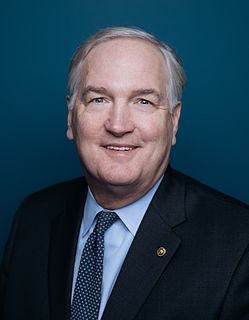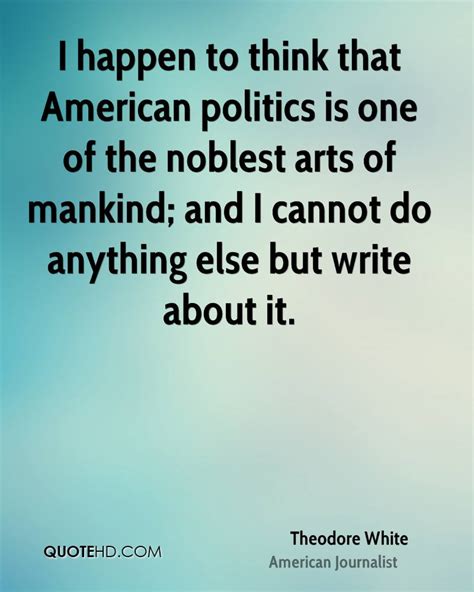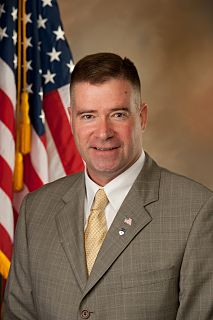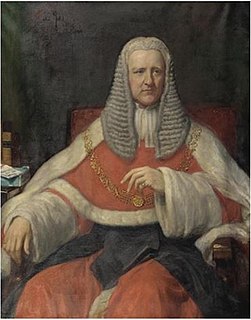A Quote by Luther Strange
Stewardship of our air and water is a responsibility that should be free of the bias of politics. What's more, environmental regulators should abide by the law.
Quote Topics
Related Quotes
Christian people should surely have been in the vanguard of the movement for environmental responsibility, because of our doctrines of creation and stewardship. Did God make the world? Does he sustain it? Has he committed its resources to our care? His personal concern for his own creation should be sufficient to inspire us to be equally concerned.
But we either believe in democracy or we don't. If we do, then, we must say categorically, without qualification, that no restraint from the any democratic processes, other than by the ordinary law of the land, should be allowed. If you believe in democracy, you must believe in it unconditionally. If you believe that men should be free, then, they should have the right of free association, of free speech, of free publication. Then, no law should permit those democratic processes to be set at nought.
Using the word ‘political’ in the widest possible sense. Desire to push the world in a certain direction, to alter other peoples’ idea of the kind of society that they should strive after. Once again, no book is genuinely free from political bias. The opinion that art should have nothing to do with politics is itself a political attitude.
Here I encounter the most popular fallacy of our times. It is not considered sufficient that the law should guarantee to every citizen the free and inoffensive use of his faculties for physical, intellectual and moral self-improvement. Instead, it is demanded that the law should directly extend welfare, education, and morality throughout the nation. This is the seductive lure of socialism. And I repeat: these two uses of the law are in direct contradiction to each other.
All too often, the conversation about appropriate and balanced environmental stewardship gets caught up in partisan politics. Yet, this conversation is key to the preservation of our great country for generations to come, as important as ensuring we have fiscally responsible policies to secure our future.


































